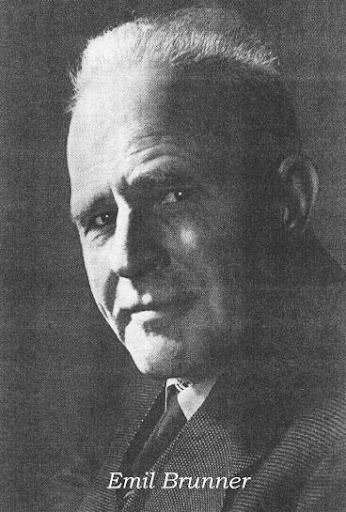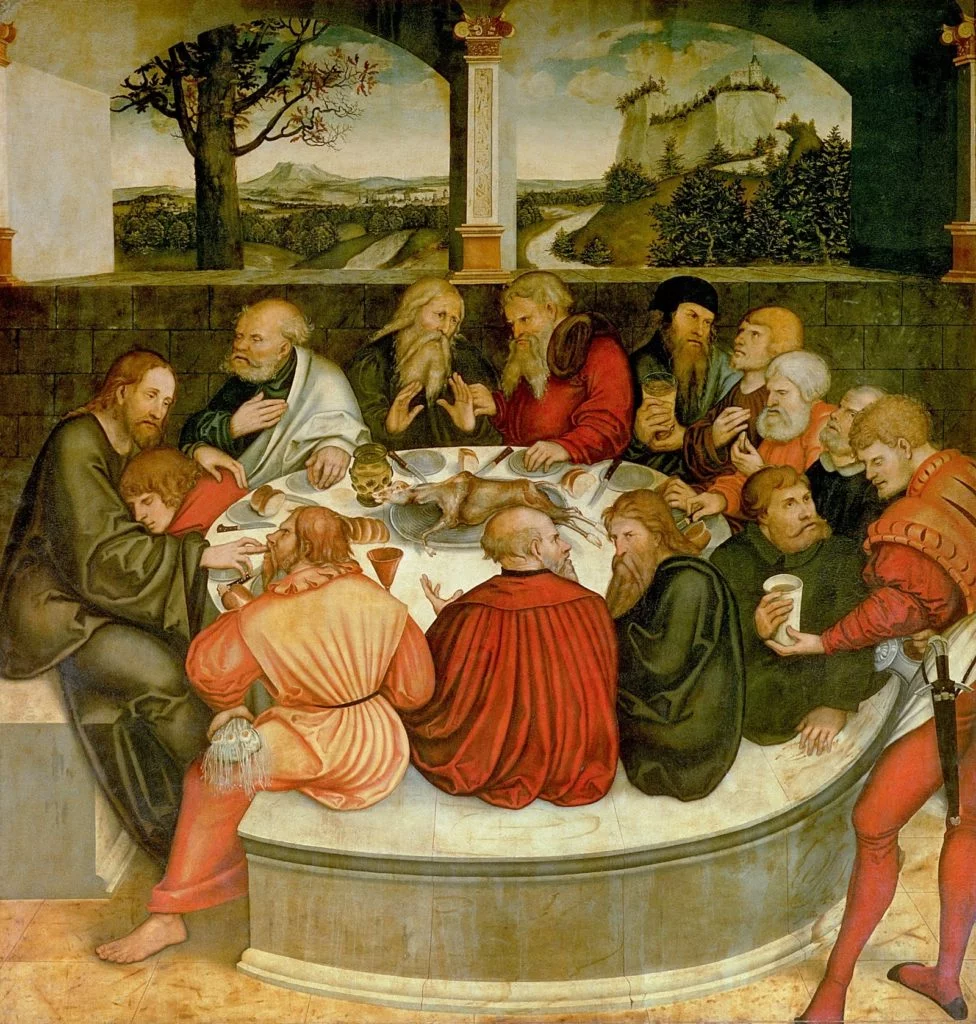
Who am I? They often tell me
I would step from my cell’s confinement
calmly, cheerfully, firmly,
like a squire from his country-house.
Who am I? They often tell me
I would talk to my warders
freely and friendly and clearly,
as though it were mine to command.
Who am I? They also tell me
I would bear the days of misfortune
equably, smilingly, proudly,
like one accustomed to win.
Am I then really all that which other men tell of?
Or am I only what I know of myself,
restless and longing and sick, like a bird in a cage,
struggling for breath, as though hands were compressing my throat,
yearning for colours, for flowers, for the voices of birds,
thirsting for words of kindness, for neighbourliness,
trembling with anger at despotism and petty humiliation,
tossing in expectation of great events,
powerlessly trembling for friends at an infinite distance,
weary and empty at praying, at thinking, at making,
faint, and ready to say farewell to it all?
Who am I? This or the other?
Am I one person today, and tomorrow another?
Am I both at once? A hypocrite before others,
and before myself a contemptibly woebegone weakling?
Or is something within me still like a beaten army,
fleeing in disorder from a victory already achieved?
Who am I? They mock me, these lonely questions of mine.
Whoever I am, thou knowest, O God, I am thine.
(Dietrich Bonhoeffer, Letters & Papers from Prison, New Greatly Enlarged Edition (New York: Touchstone, 1971), 347-348
Today, on the eightieth anniversary of his death, we remember Dietrich Bonhoeffer who was executed by the Nazis in Flossenbürg concentration camp on April 9, 1945, just a month or so before the end of the Second World War in Germany. Bonhoeffer wrote this poem while in prison awaiting his fate.
Born into a well-to-do family in Berlin in 1906, Dietrich Bonhoeffer knew his station in life, was accustomed to his liberty, and generally had the resources available to secure it. Imprisoned in Tegel, and deprived of every normal comfort, Bonhoeffer struggles now with what is left once the various markers that had anchored his identity have been stripped away.
In his essay on Bonhoeffer and the question of Christian identity, Jens Zimmermann applies Paul Ricoeur’s theory of identity to Bonhoeffer (in Houston & Zimmermann (eds), Sources of the Christian Self: A Cultural History of Christian Identity, 628-647). “Idem identity” refers to that ‘sameness’ of the self that endures through time, the sense of permanence in terms of characteristics and habits that declare what kind of person we are. “Ipse identity” refers to one’s personal agency, our self-constancy in the face of challenge when idem identity falters or fails. The generality of ‘what’ becomes more specifically and personally, ‘who.’ Typically, the kind of person we are, and who we understand ourselves to be, find a sense of coherence in a narrative that integrates events and character centred on a personal self we can identify. Yet what happens if one loses control of the narrative, if the crucible of life exerts such pressure that our narrative is forcibly changed or reconfigured in ways contrary to our subjectivity? What, then? Zimmermann suggests that this is what we find in Bonhoeffer’s Who am I?
The three opening stanzas portray Bonhoeffer as he is perceived by others, with a bearing that reflects the kind of person he has become in accordance with the formation which occurred in his family life, education, and other life developments and opportunities. Like a squire coming from his country home, like one accustomed to command and to win. His bearing is that of formative habituation, and in a very real sense, this is who he is.
Or is it? He is not in command nor at liberty—at least, not as he was used to. Is he really that which others say of him? Is ascribed identity his real identity? Is he merely what others see in him? Perhaps it is actually him after all? It is, after all, his action, long practised and deeply ingrained. These are habits of life, relationship, being, and carriage that he has chosen and lived; it is not something merely ascribed as though he had no essential relation to what others now think of him. And yet, his external bearing does not reflect his internal turmoil.
Is his identity really that which he knows of himself—something vastly different from his public persona? The language of the longer central stanza is the haunted voice of his inner unrest, his weakness and powerlessness, his loss of liberty and desperate yearning for the smallest kindness or grace of life.
And so, who am I?—This man as seen by others, or this whom I feel myself to be? Who am I before others—a hypocrite? Before myself—contemptible? Am I both these men? Neither? Who am I? What is my identity?
In the end it is not a question Bonhoeffer can answer, and in the end, he turns from it and lets it go. In the end it is neither a matter of how he appears before others or before himself. Both the approving court of external opinion and the harsh court of internal censure are set to one side. Such opinions, questions and determinations can only mock; they are not a path toward reality or peace. One’s identity rests not in others’ opinions or in one’s own reflections, but in a source external to ourselves. Ricoeur noticed this.
In the final analysis, the ipse or true selfhood that persists when all other aspects of identity fall away consists in the address from beyond itself by another to which the self responds, ‘here am I’ (Zimmermann, 634).
Zimmermann notes that Ricoeur would not identify the source of this address which calls to and grounds the ‘I’—philosophy forbids such identification. This Other could be God, or it could be another person, or perhaps one’s own very self, or perhaps an empty space. Bonhoeffer as a Christian, however, has no such hesitation:
Whoever I am, thou knowest O God, I am thine.
Who he is, whether before others or himself, is a question he cannot answer. But he knows, and he knows that God knows—which is the truly important thing—that he is God’s. His identity and being lie not in himself but in God. And in this he can rest.





